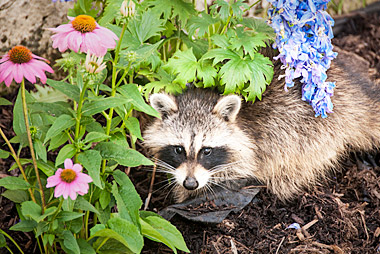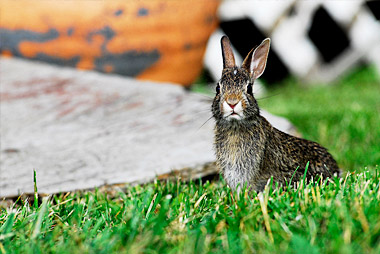Request a Free Estimate 647-500-5263
Customer Portal LoginAfter the time you’ve spent planting and arranging your garden, it’s frustrating to see all your hard work be erased by animals digging up seeds and destroying your plants. Here are some things you can do to help keep animals at bay.


Copyright © 2020 All Rights Reserved.
Website By WSI Comandix